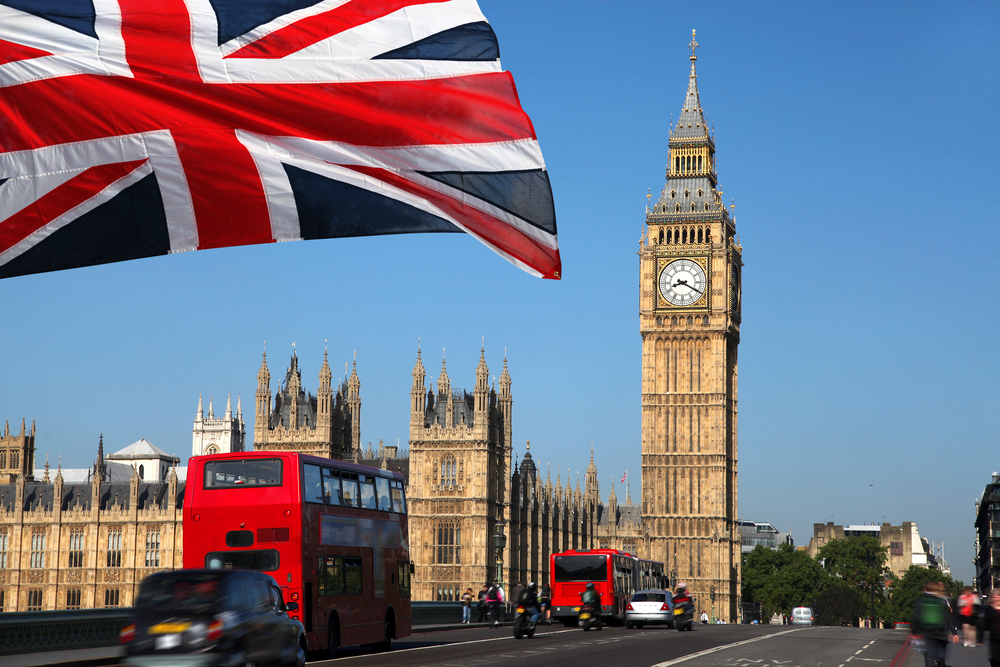The UK is forming a new military alliance that mirrors NATO’s Article 5. Within a single week, London signed two defense agreements with key players, Germany and France, reports Defense Express.
Experts are already calling this the emergence of a trilateral military bloc that could either supplement NATO or act as its insurance policy.
The UK-Germany agreement outlines deep mutual defense commitments, including military assistance in case of an attack. Meanwhile, the declaration with France explicitly states that while the nuclear forces of both countries remain independent, they can be coordinated in case of an extraordinary threat.
“It’s clear that the UK is effectively creating an additional trilateral defense arrangement centered around itself,” notes Defense Express.
This is happening despite all three nations already being bound by obligations within NATO. Analysts believe such an initiative signals a “need to reaffirm mutual commitments.”
The core of the signed documents essentially duplicates NATO’s famous Article 5, a collective response to aggression. Across Europe, there is growing concern that relying solely on NATO in the event of a large-scale crisis may no longer be sufficient.




